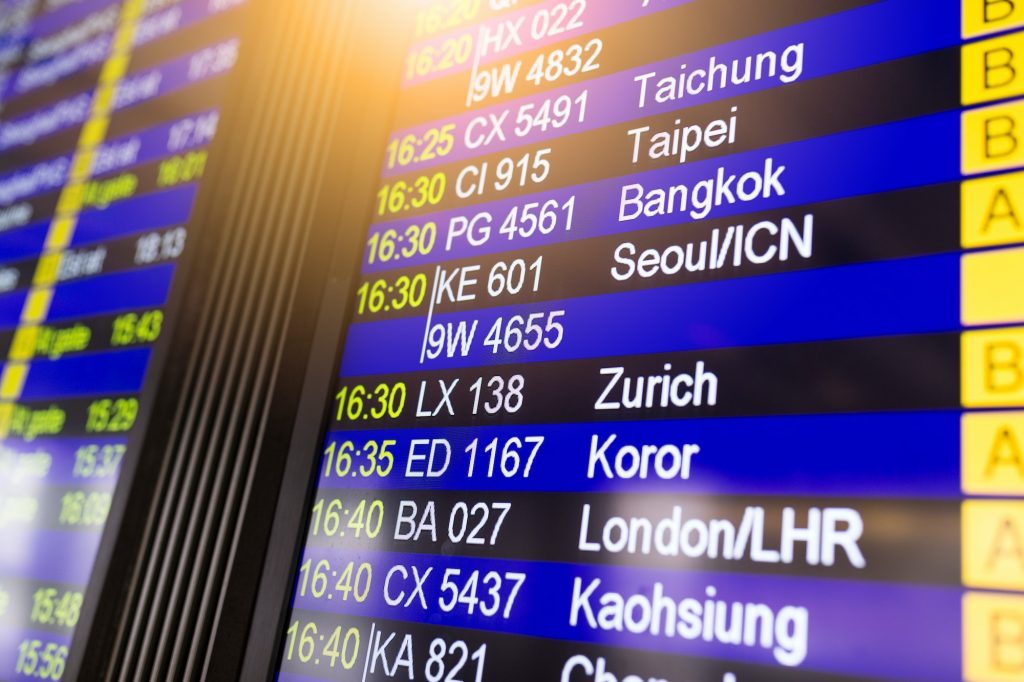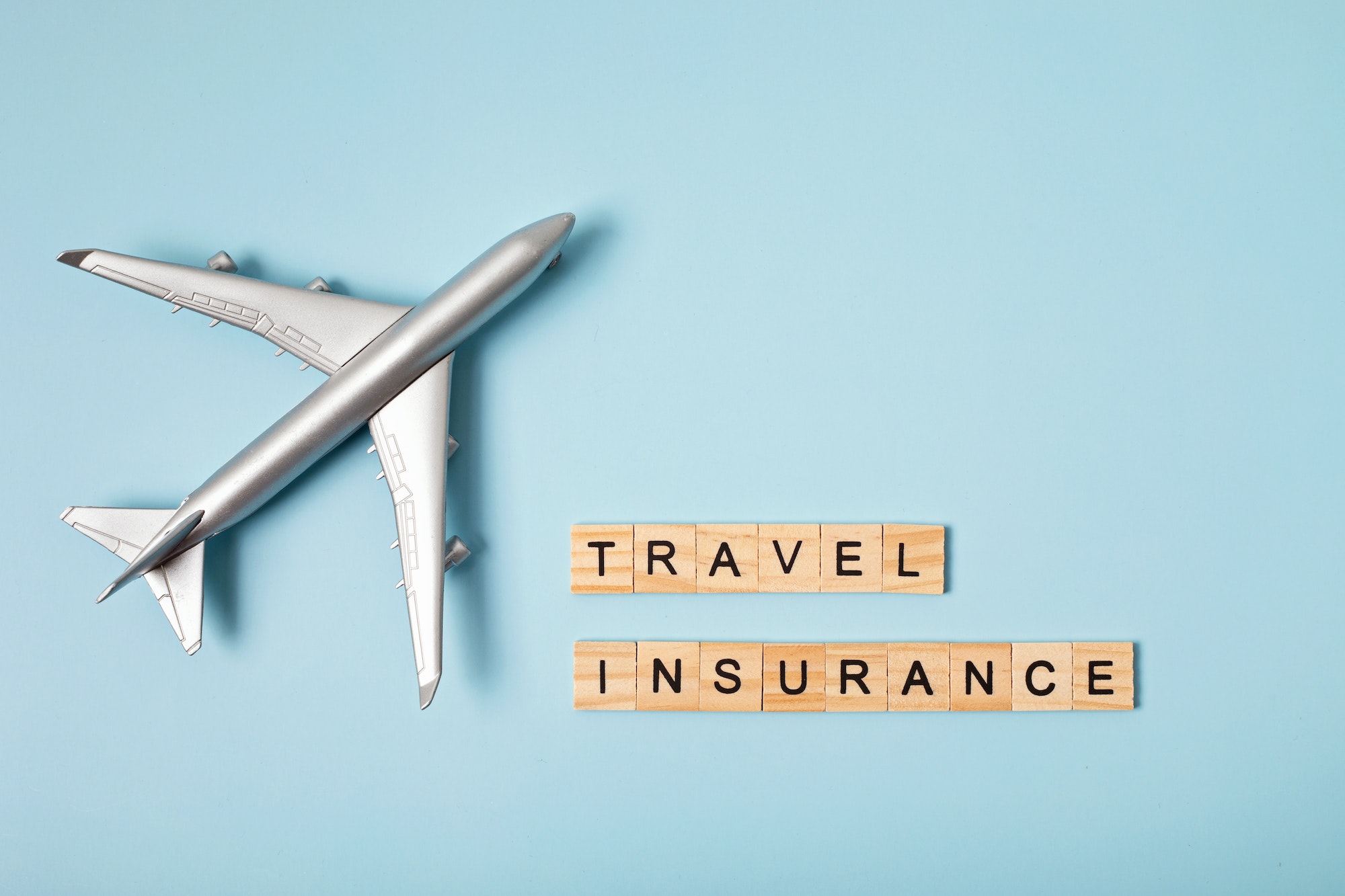You’ve planned your trip and booked your flights, but now you need to consider insurance. There are many types of travel insurance and some of them can be confusing. This post will help you learn about the different types of travel insurance available, what they cover and how much they cost so that you can make an informed decision about which type is right for you!
Trip Cancellation
Trip Cancellation Insurance is an important part of your travel insurance. It can cover the costs of canceling or postponing a trip due to unexpected circumstances, such as illness or injury.
- What is Trip Cancellation?
The trip cancellation policy provides coverage if you need to cancel or postpone your trip for reasons beyond your control, like sudden illness or injury. In addition to covering medical expenses and lost wages, it may also reimburse you for nonrefundable prepaid expenses like airfare and hotel stays.
- What Are Its Benefits?
The most obvious benefit of trip cancellation insurance is that it allows you to keep from losing money on a canceled vacation—you’ll get all of the money back that was used up in advanced payments for your plane tickets (or whatever else). The other big benefit is peace of mind: knowing that no matter what happens during your vacation, there’s someone looking out for you will put any traveler at ease while they’re away from home.

Trip Interruption
Trip interruption coverage can help you get home if your trip is interrupted due to a covered reason, like injury or illness. It can also help pay for expenses like transportation and lodging while you’re back home waiting for medical clearance to return to your destination.
If you’re more interested in learning more about trip insurance, check out this article- what travel insurance covers.
Medical and Dental Expenses
Travel insurance can help pay for medical and dental expenses, which are not covered by health insurance. Medical and dental expenses may include:
- Emergency medical care
- Emergency dental care
- Emergency transportation to a medical facility
- Emergency medical evacuation
Emergency Medical Transportation
If you are injured while traveling, your travel insurance will cover the cost of emergency medical transportation and any necessary medical treatment. This coverage can also apply if you are in a remote area and need to be transported by helicopter.
Baggage Loss or Damage
Baggage Loss or Damage covers your luggage for accidental damage and theft. The coverage is usually limited to a certain value, depending on the plan you choose. It may also be limited to certain types of items, such as jewelry or electronics. You can also purchase different levels of coverage depending on how much you want to pay.
You may want to check if there are any exclusions in your policy before making a claim, because there may be situations where you won’t get coverage even though you think something could be covered by Baggage Loss or Damage (for example, lost baggage due to weather conditions).
24/7 Support

Travel insurance doesn’t just cover you in case of emergencies. It also includes 24/7 support, which means you can get help whenever you need it—whether that’s a few hours after your flight is delayed or at 3 AM when your Airbnb host won’t let you into their apartment.
Some travel insurance plans come with a hotline dedicated to helping customers 24/7, while others provide access to online portals where they can submit claims via email or web form. In some cases, the number of countries covered by this feature may be limited; for example, if you’re traveling outside the United States and Canada (and maybe Europe), this service might not be available without additional coverage. However, in most cases 24/7 support is available throughout most countries where travelers would typically use it for emergency assistance- what travel insurance covers.
The best way to make sure that you’re covered is to read through your policy thoroughly before signing up so that there are no surprises later on down the road—but even if there are any problems with coverage or limitations on where calls can be made from within a plan’s network range areas (which usually extends out about 100 miles from home), many companies will still try their best anyway since they understand how important having quick access could be during an emergency situation!
Most travel insurance plans cover trip cancellation, trip interruption, delayed baggage, and medical expenses.
Travel insurance plans cover a variety of common travel problems. Most plans will cover trip cancellation, trip interruption, delayed baggage, and medical expenses. It’s important to read your plan details carefully so you know what’s covered in the event of an emergency or other issue that arises.
Travel insurance is a great way to protect yourself against the unexpected. Whether you’re traveling for business or pleasure, there are many things that can go wrong while you’re away from home. It’s important to know what kinds of things your policy covers so that you can be prepared if something happens during your trip. If any of these scenarios sound familiar, then it might be time to consider getting some travel insurance before heading off on an adventure!





0 Comments